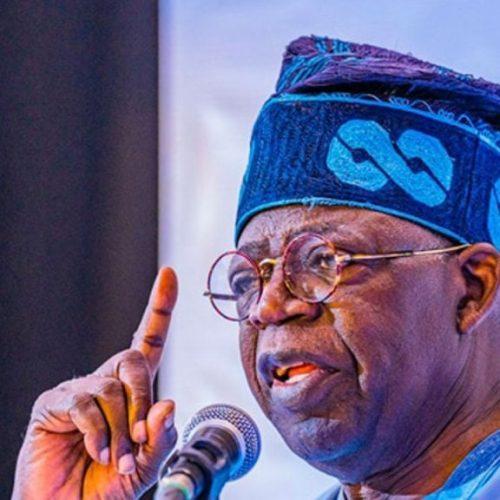A court of appeal in the UK has ruled that Nigeria is liable for a $70 million arbitration award in favour of Zhongshan Fucheng Industrial Investment Co. Ltd, a Chinese investor.
Julian Flaux, the presiding judge, made the ruling on Thursday in reaction to claims of state immunity made by Nigeria to avoid paying the fine.
ZHONGSHAN FUCHENG VS NIGERIA
In 2010, Zhongshan, through Zhuhai Zhongfu Industrial Group Co Ltd (Zhuhai), its Chinese parent company, acquired rights to develop a free trade zone in Ogun state.
A year later, Zhongshan set up Zhongfu International Investment (NIG) FZE (Zhongfu), a Nigerian entity, to manage the project under the permission of the Ogun state government.
Things took a different turn in July 2016 when the investor accused the state government of abruptly moving to terminate its appointment while attempting to install a new manager for the free trade zone.
Subsequently, Zhongfu initiated an investment treaty arbitration against Nigeria under the bilateral investment treaty between the People’s Republic of China and Nigeria (the China-Nigeria BIT).
The arbitrators had ruled that Nigeria was in breach of its obligations under the China-Nigeria BIT and awarded Zhongshan compensation of around $70 million.

In January 2022, the Chinese company initiated a case to seek enforcement of the arbitration award.
Nigeria pleaded state immunity but was turned away by Sara Cockerill, a high court judge, who said the country abused the time frame for appealing arbitral awards.
‘NIGERIA HAS NO GROUNDS OF APPEAL’
Affirming Cockerill’s judgement, Flaux said Nigeria had failed to comply with the “generous” time limit of two-and-a-half months to raise the issue of state immunity.
The presiding judge said Nigeria failed to do the needful until three months after the deadline expired.
He said Nigeria was seeking to re-run the same arguments on state immunity that it had raised — and then abandoned — in front of the arbitration panel.
The panel also dismissed Nigeria’s ground of appeal that there is a “point of general public importance” requiring guidance from the court.
“There is no question of it being necessary to reopen the appeal to avoid real injustice, and Nigeria cannot show that it has suffered any injustice from its application for permission to appeal being refused,” Flaux wrote.
The judge held that the court did not need to determine whether Nigeria was entitled to state immunity before making an enforcement order.
(TheCable)

















